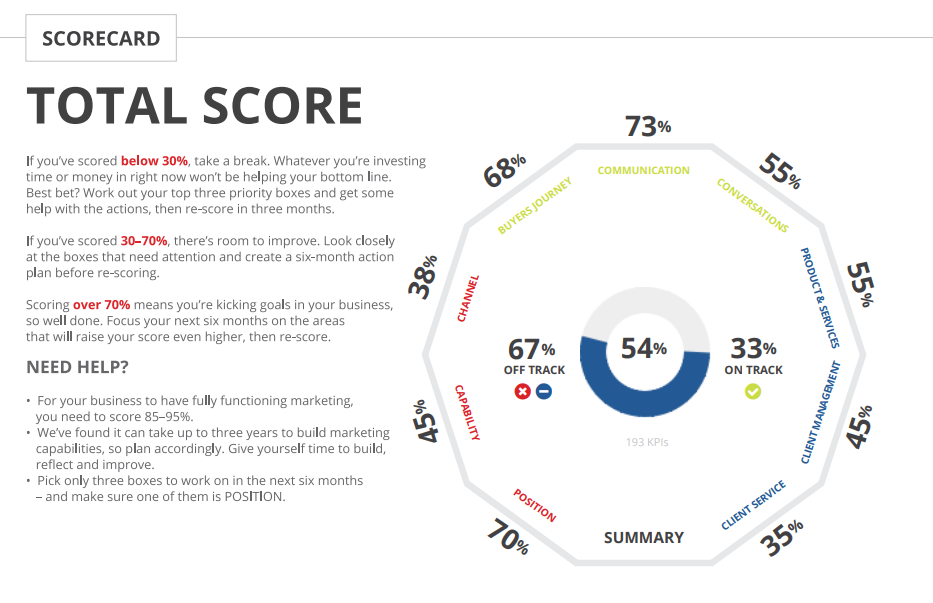Succession planning should be an organised, ongoing process involving several people gathering, researching and evaluating information. The planning process should begin as soon as possible and involves several steps.
Consultation
All family members need to be made aware of the importance of this matter and be consulted. This will enable you to take into consideration their views and ambitions. Some family members may already be involved in the business in one way or another; others maybe shareholders with no desire to be involved in running the business.
Discussion about succession should be frank and constructive. The greater the number of family members involved in your business, the greater the likelihood these discussions may become heated. Diplomacy and tact will be required on your part.
Those family members already working in the business may feel hurt if they’re passed over for executive positions. Some may want to withdraw their entitled capital to start their own business.
These differing needs are complex and difficult to resolve. But you shouldn’t avoid them. It’s the main reason why you should start the succession planning process as early as possible.
Have courage, and in the end, everybody will be thankful for your strength and foresight in confronting these issues.
Involve family members who are active in the business, and managers, in examining succession issues, such as:
- The positions that need to be filled as the company grows
- The personnel that might suit these roles and how they can be groomed for them
- Business advisors who can help with the succession process. Having objective and independent external advice will help avoid, or minimise family disputes.
Succession Development
The first steps in developing a succession plan for your business is to educate yourself on succession planning by:
- Talking to people who’ve been through the process before.
- Attending succession planning seminars and reading books on the subject.
- Seeking the help from consultants who specialise in this field.
- You should also seek professional advice about the tax implications, superannuation planning, etc. of your retirement strategy from your accountant as soon as possible. A self-managed superannuation fund can often play an integral role and ensuring there is a smooth transition of the business operation from one generation to the next.
- Knowing what everybody expects from the succession plan will allow for a number of other issues, such as executive development and business reorganisation, to be considered in preparation for the handover. It is important to keep all family members fully informed of progress.
Training and Development
Ask yourself whether family members have the skills and qualifications required to run the business. If not, provide training to develop their skills before the handover date.
You may want your children who work in your business to complete an MBA. Or you may want them to gain experience outside your business, so that when they return, they’ll have a different perspective on management and have diverse business experiences.
If there are skills or experiences that cannot be replaced within the family, you may have to consider bringing it into the business from the outside.
Recruitment and Restructure
It may be necessary to employ an outside CEO to strengthen the business. This may be a temporary measure during the period of the handover while family members are learning new skills, or it may be permanent.
If it is to be a permanent change, the business may need to be reorganised so that family members who do not want to be involved in the business will be treated fairly.
About half of all New Zealand family businesses expect that this next CEO will be an outsider. This means in the next 10 years, about 125,000 businesses will have employed an outside CEO.
If you want to get the best, you’ll need to start the recruiting process now or groom your own CEO internally. Do you currently have the correct processes and policies in place for employing a CEO?
If you are appointing an outside CEO, it’s important to clearly define your expectations of them. He/she shouldn’t be a “yes” person, but you’ll need to set some parameters in which they are to operate within the business, such as whom they report to.
Finances
Paying out of the owner by other family members is often a sticking point in succession planning. The family may not have enough capital to buy out the owner. This is another reason many owners put off the handover of their business.
If you are transferring your business assets, you need to ensure that tax advantages aren’t lost, that you’re not putting the personal wealth or family members at risk, and that the business isn’t loaded up with debt, making its future uncertain.
There are many ways to transfer ownership of the business and you should examine which options would be best for both of you and your family.
Lets connect


